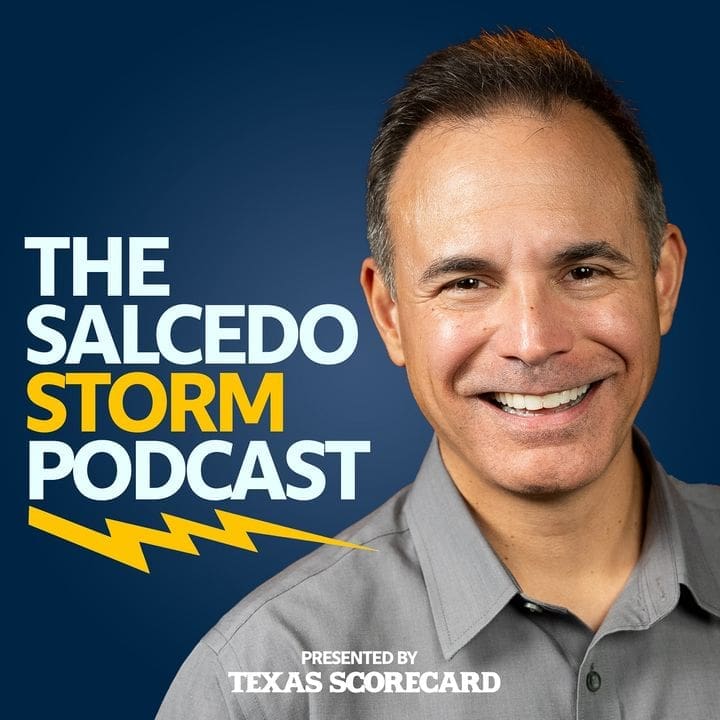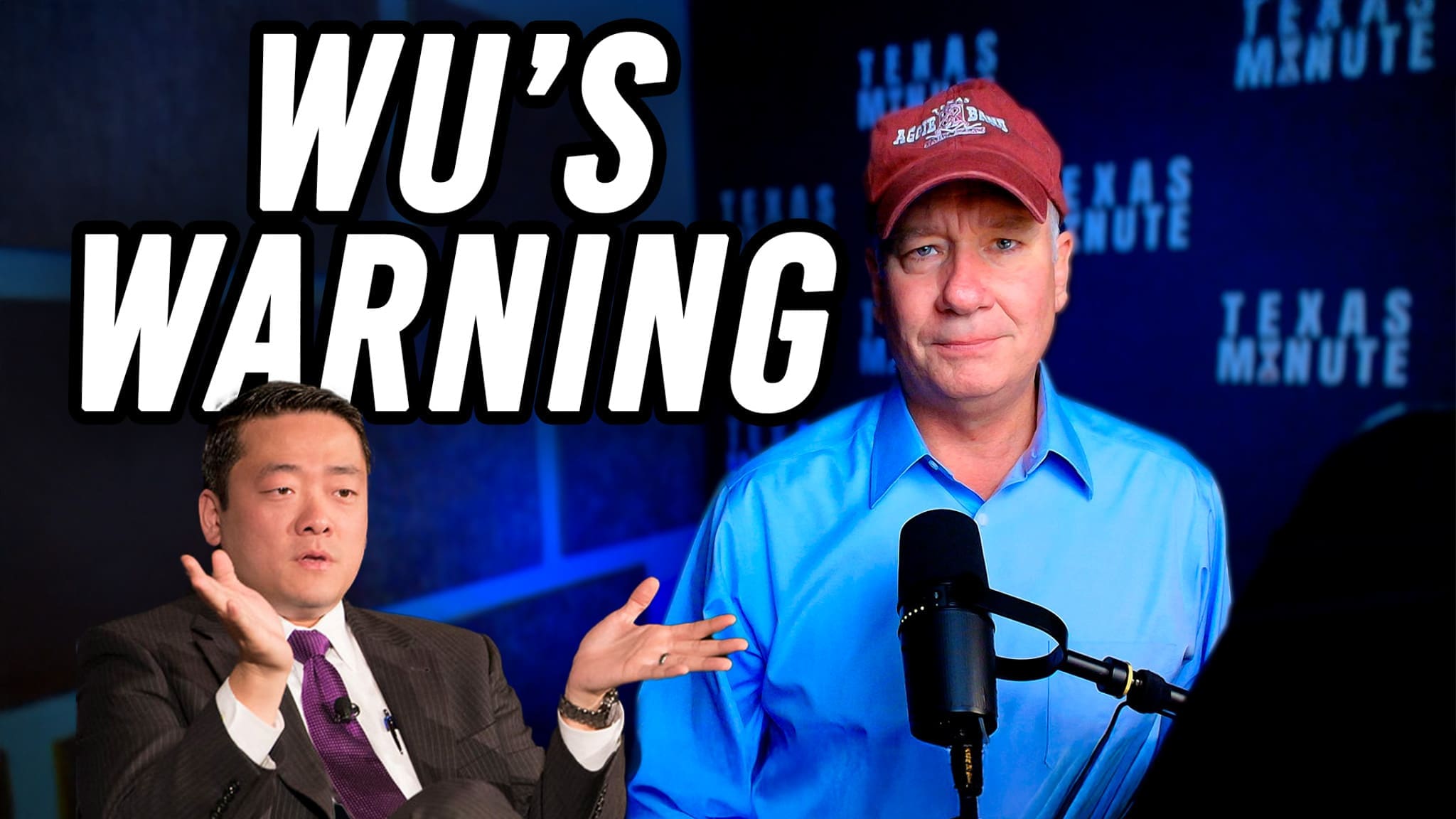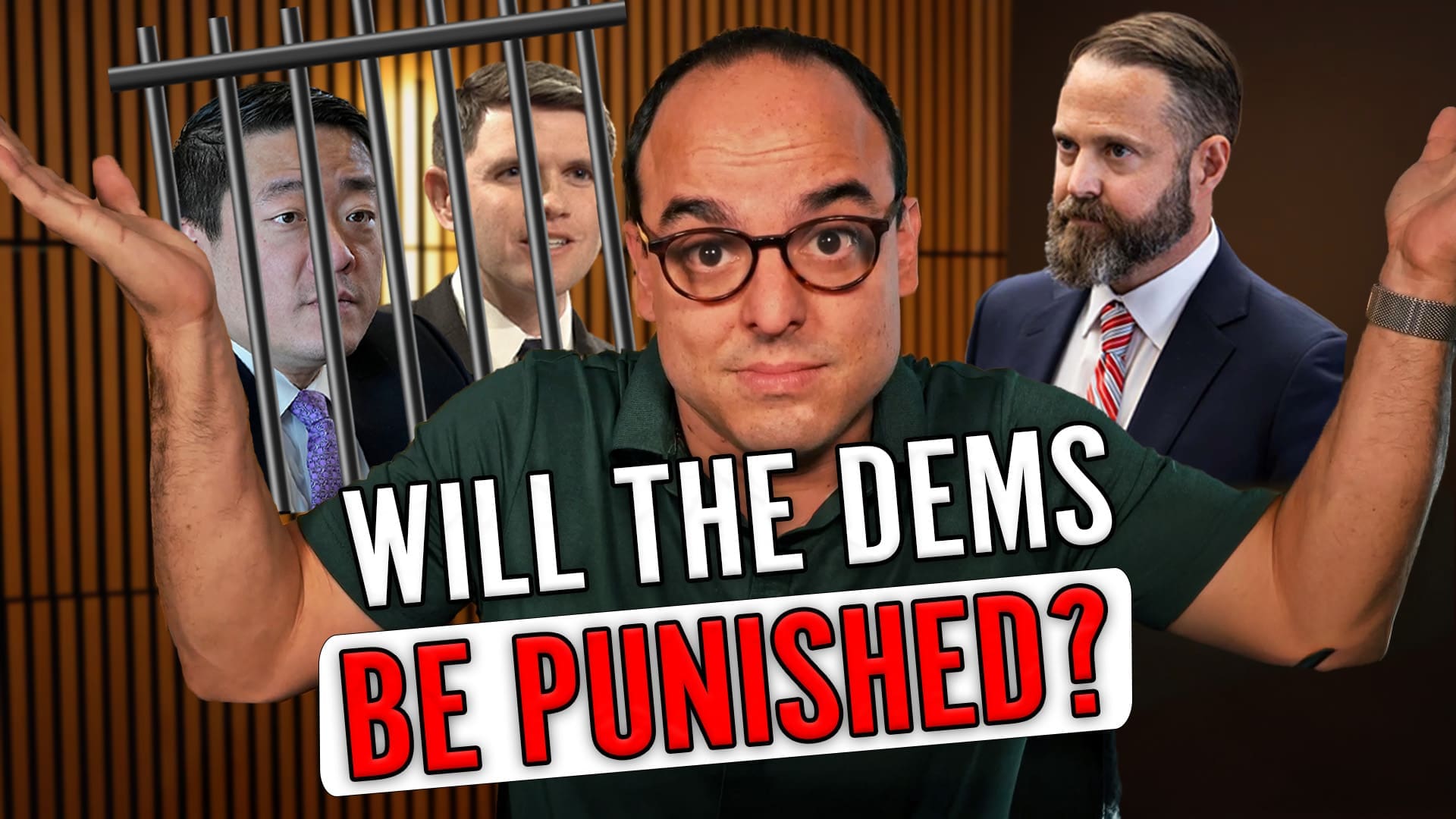A new study from the United States Department of Labor reports that the unemployment rate in 2009 for young returning veterans from Iraq and Afghanistan rose to 21.9%, far higher than the national unemployment rate for non-veterans in the same age group of 18 to 24. Many factors contribute to that higher jobless rate for our veterans of the Iraq and Afghan wars.
Unlike the Vietnam War when National Guard and Reserve units generally remained stateside, many National Guard and Reserve soldiers have served multiple tours of duty in Iraq and/or Afghanistan.
AP reporter Kimberly Hefling quotes Joseph Sharpe, an American Legion official, as acknowledging the negative impact all these deployments have on employment opportunities for these returning veterans, “Sharpe said some come home to find their jobs have been eliminated because the company has downsized. Other companies may not want to hire someone who could deploy again or will have medical appointments because of war-related health problems.”
Another difficulty facing returning veterans is how to translate skills they acquired in military service into meaningful civilian jobs. Part of the problem is that skills training and certification programs completed in the military, e.g., training as a combat infantryman, are not readily transferable to civilian employment in related fields. Efforts are underway here in Texas to recognize that military certification and experience, but more needs to be done to expedite that process.
An encouraging sign that the leadership skills of young military officers and enlisted men is being increasingly recognized by the private sector is reflected in an article in the March 22, 2010 issue of Fortune entitled “The New Warrior Elite”. The article quotes a number of business executives from companies such as Wal-Mart and GE as to how pleased they have been with the returning veterans they have hired for management trainee positions.
Jennifer Seidner, a recruiting manager for Wal-Mart is quoted as saying, “The thinking was that we could bring in world-class leadership talent that was already trained and ready to go. And then we could teach them retail because we know that pretty well.”
Here in Texas we are addressing the problems of our unemployed returning veterans on many fronts. One initiative we have established here at the Texas Workforce Commission, with the support of Gov. Rick Perry, is the Texas Veterans Leadership Program (TVLP), which is designed to specifically address the tough obstacles our returning veterans face as they make the transition from the war zone to civilian life.
TVLP is modeled on the Vietnam Veterans Leadership Program which I established during the Reagan administration. It centers of the principle of veteran helping veterans. Those running our TVLP program are veterans who themselves served in one or both of those conflicts. They understand what their fellow veterans are going through after returning home and becoming civilians again.
We have returning veterans at 28 local workforce locations all across Texas helping to put the experience of those who served in Iraq or Afghanistan back to work for Texas employers. To date, our veteran leaders have contacted more than 4,000 returning veterans and provided assistance to more than 3,500 of them. We have identified, and work with, other organizations in our state that are dedicated to helping our returning veterans. As you might expect from a state like Texas, there are many fine community organizations helping to make a difference.
The Texas Veterans Leadership Program provides job search and employment assistance, education and training, and referral to services provided by federal, state, and community organizations. Our TVLP site has useful information for returning veterans and can be found at https://www.twc.state.tx.us/tvlp/tvlp.html.
We also have established a Returning Veterans Skills Training Fund that provides employer-driven skills training grants for recently separated veterans. The Program is headed by Jason Doran, a retired Marine gunnery sergeant, Iraq veteran and Silver Star recipient who can be reached at 1-888-838-8391 or tvlp@twc.state.tx.us.
Texas needs to be the model for the nation in welcoming our returning veterans back from Iraq and Afghanistan the right way – by putting that experience back to work. These young men and women have answered our country’s call under very difficult circumstances. Now, it is up to us to make it possible for them to use their talents in the civilian world to make this a better state and a better nation.
Tom Pauken is Chairman of the Texas Workforce Commission and a Vietnam Veteran.



